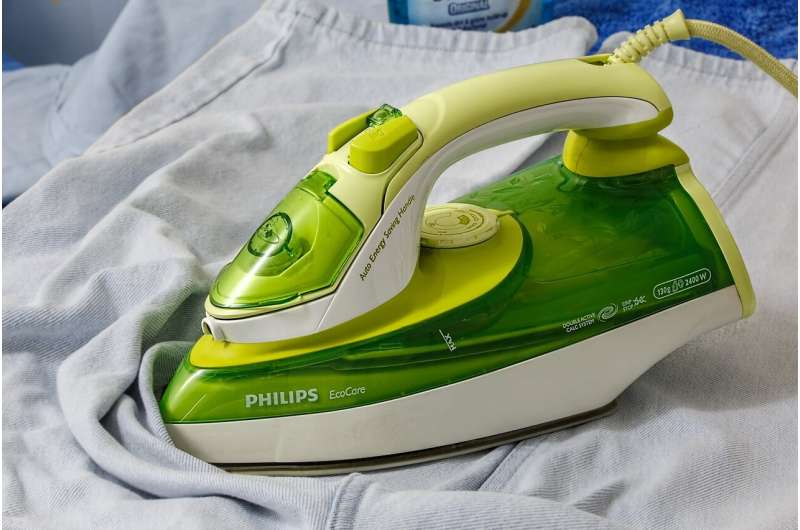Why money cannot 'buy' housework

If a man is handy with the vacuum cleaner, isn't averse to rustling up a lush family meal most nights after he's put on the washing machine having popped into the supermarket on his way home then it's more than likely his partner will have her own bank account.
A new study by Lancaster University reveals the way in which couples manage their money tells 'a tale of two marriages' in the UK today.
The research shows the management of household finances and control of financial decisions are linked to the time spent by women and men on routine housework such as cooking, cleaning, laundry and grocery shopping.
'What about money? Earnings, household financial organization, and housework' conducted by Lancaster Lecturer in Sociology, Dr. Yang Hu, is published today in the Journal of Marriage and Family.
The study analysed data from more than 6,000 heterosexual couples, aged 20 to 59, from the UK Household Longitudinal Survey (Understanding Society).
This is the first study to examine how the organisation of household finances intervenes between couples getting their pay packets and housework at home. It takes previous studies on housework a step further.
"Housework provides a window into the 'checks and balances' of power and gender in couple relationships," said Dr. Hu.
To negotiate their housework participation, men either hand over their income to their partners, who manage the money, so they use money to 'exchange' their way out of housework, or they hold on to their income to 'bargain' their way out of housework.
"Men get away with not doing housework through both channels," explains Dr. Hu. "It puts women in a very compromising position as they are left to do the lion's share of housework."
Given wage penalties and a glass ceiling in the labour market, women are unlikely to win the 'war' over housework by 'exchanging' and 'bargaining' with men.
They are seen to negotiate in a different way. Going 'solo', some working women are seen to opt out of housework by taking control of their own earnings and developing a sense of autonomy.
Indeed, women's income only reduces their housework time when they can access their own earnings and have a say in household financial decisions. But the study finds that in the UK, less than 12% of working-age women kept separate purses, another 23% managed household finances, and only around 15% controlled financial decisions.
"Our research provides further evidence to show that despite women's participation in education and the labour market, this still has not yet translated into gender equality in housework at home," said Dr. Hu.
"If men still monopolise the management of household finances and financial decisions, then things are unlikely to change," said Dr. Hu. "It's therefore important for everyone to be able to access their own earnings.
"Educating and employing more women and settling the gender pay gap with gender equality flowing neatly into place at home as a result is certainly not the story this analysis is revealing."
More information: Journal of Marriage and Family (2019). DOI: 10.1111/jomf.12590
Journal information: Journal of Marriage and Family
Provided by Lancaster University
















